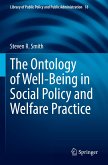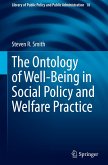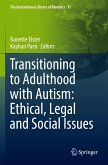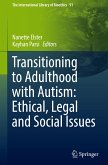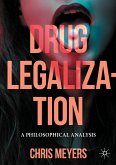Thisbook describes argumentative tools and strategies that can be used to guidepolicy decisions under conditions of great uncertainty. Contributing authorsexplore methods from philosophical analysis and in particular argumentationanalysis, showing how it can be used to systematize discussions about policyissues involving great uncertainty.
The first part of the work exploreshow to deal in a systematic way with decision-making when there may be pluralperspectives on the decision problem, along with unknown consequences of whatwe do. Readers will see how argumentation tools can be used for prioritizingamong uncertain dangers, for determining how decisions should be framed, forchoosing a suitable time frame for a decision, and for systematically choosingamong different decision options. Case studies are presented in thesecond part of the book, showing argumentation in practice in the areas ofclimate geoengineering, water governance, synthetic biology, nuclear waste,andfinancial markets. In one example, argumentation analysis is applied toproposals to solve the climate problem with various technological manipulationsof the natural climate system, such as massive dispersion of reflectiveaerosols into the stratosphere. Even after a thorough investigation of such aproposal, doubt remains as to whether all the potential risks have beenidentified. In such discussions, conventional risk analysis does not have muchto contribute since it presupposes that the risks have been identified, whereasthe argumentative approach to uncertainty management can be used to systematizediscussions.
The first part of the work exploreshow to deal in a systematic way with decision-making when there may be pluralperspectives on the decision problem, along with unknown consequences of whatwe do. Readers will see how argumentation tools can be used for prioritizingamong uncertain dangers, for determining how decisions should be framed, forchoosing a suitable time frame for a decision, and for systematically choosingamong different decision options. Case studies are presented in thesecond part of the book, showing argumentation in practice in the areas ofclimate geoengineering, water governance, synthetic biology, nuclear waste,andfinancial markets. In one example, argumentation analysis is applied toproposals to solve the climate problem with various technological manipulationsof the natural climate system, such as massive dispersion of reflectiveaerosols into the stratosphere. Even after a thorough investigation of such aproposal, doubt remains as to whether all the potential risks have beenidentified. In such discussions, conventional risk analysis does not have muchto contribute since it presupposes that the risks have been identified, whereasthe argumentative approach to uncertainty management can be used to systematizediscussions.


